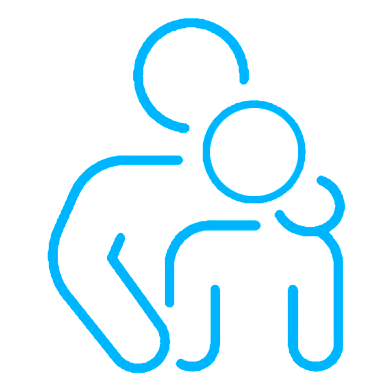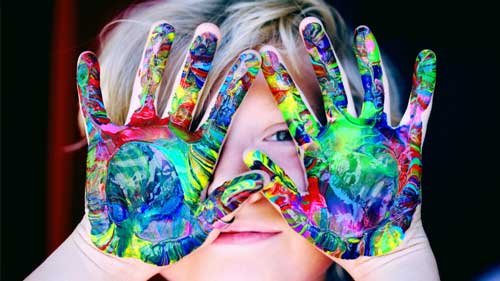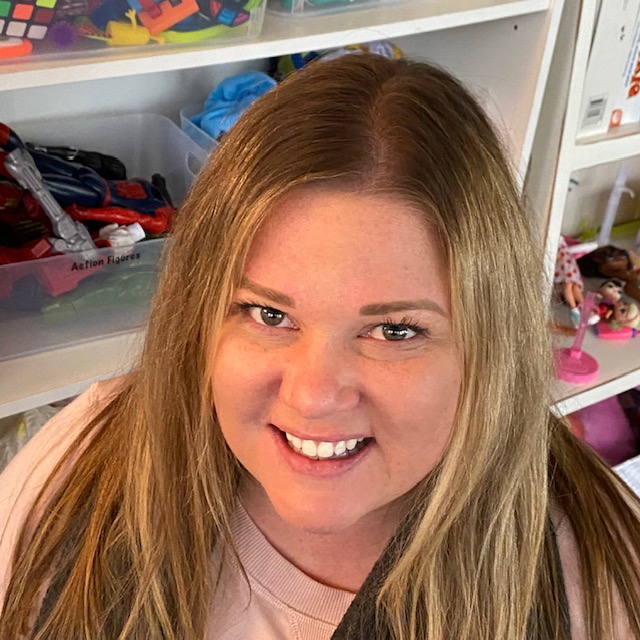
molly and me
counseling and training centerWhat is Play Therapy?
Play is a child’s natural language. Play Therapy is for kids what talk therapy is for adults. Because children’s brains are still developing, they are not able to verbally process or understand their emotions in the same way that adults can. Instead, children express their thoughts and emotions through their play.
“Play is the language, and the toys are the words.”

The Role of Play
The play therapist’s mission is to turn the world of play into a powerful tool for children. This guides children to an understanding of their experiences tailored to their developmental stage.

Our Commitment
Our therapists are dedicated to boosting resilience, crafting coping strategies, and diminishing problematic behaviors; working closely with the child’s parents/guardians throughout.

The Role of Parents
Parent involvement is key to successful therapy for children. This may appear different based on individual circumstances. Parents may be asked to join sessions, have parent consultation sessions without their child present, and/or be given recommendations to follow at home to support the therapeutic process.
To learn more about how parents can support their children through the process, please click below.
For more information about Play Therapy, please visit www.a4pt.org.
How does Play Therapy Help?
“For children, play is serious learning. Play is really the work of childhood.”
Play – it’s nature’s classroom for children. Through play therapy, children not only learn but thrive. From developing self-respect and empathy to honing problem-solving skills, each play session nurtures growth and resilience.

Child-Centered Play Therapy is an evidence-based practice recognized by SAMSHA. Ray, D. C, & McCullough, R. (2015; revised 2016). Evidence-based practice statement: Play therapy (Research report).
In Play Therapy, Children learn to:
Discover a newfound respect and acceptance for themselves and those around them
Build social and relational skills, leading to stronger connections with family members
Navigate the responsibility of their behaviors with awareness and accountability
Create their own solutions toolbox, to address real world problems
Cultivate empathy and respect for thoughts and feelings expressed by others
Develop self-efficacy and thus a better assuredness about their abilities


Our Leadership Team
Leading the Way in Play Therapy Excellence


Molly Gratton
LCSW, RPT-S™️
Clinical Director


Rachel Blick,
LCSW, RPT™️
Assistant Clinical Director
